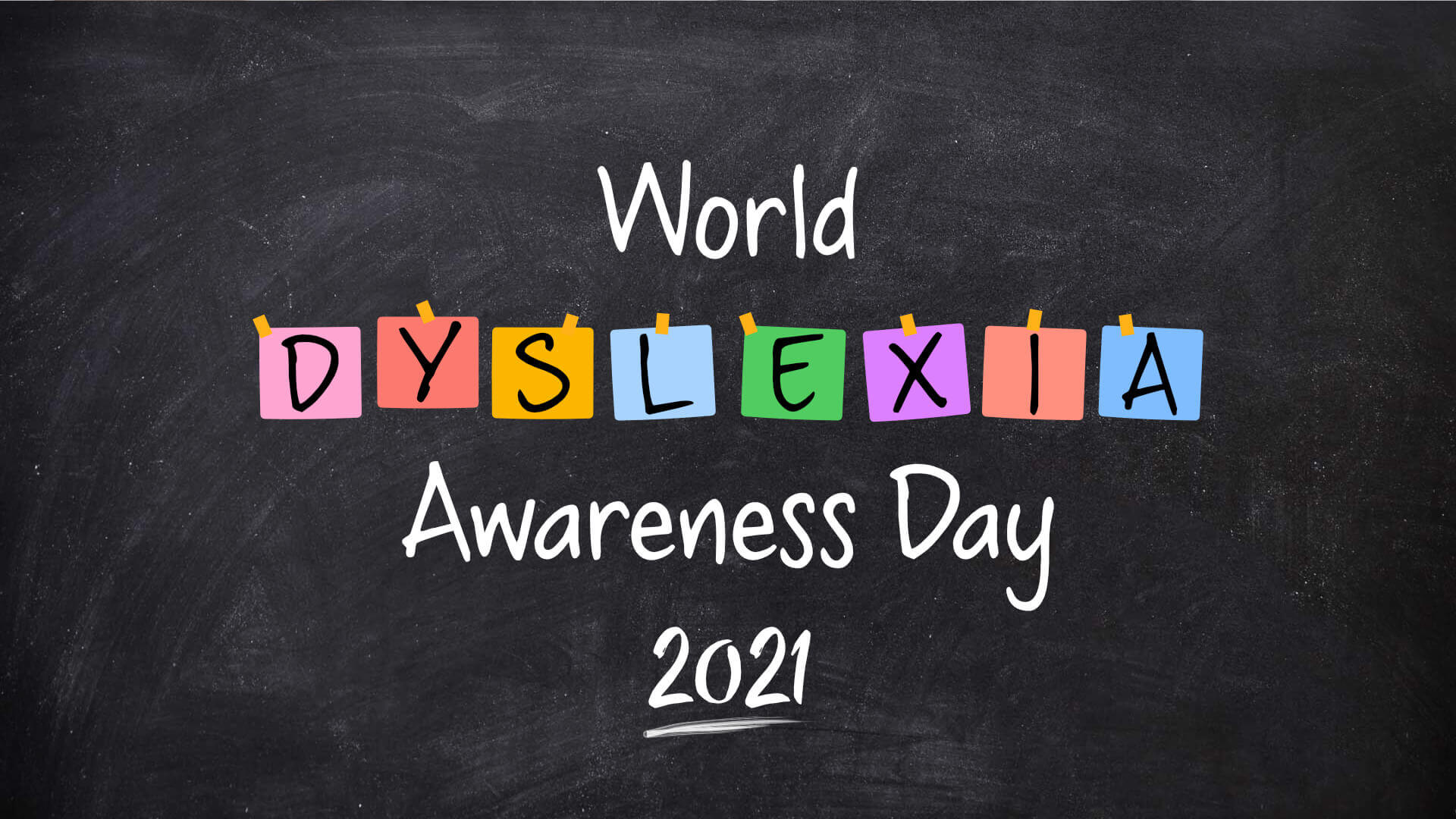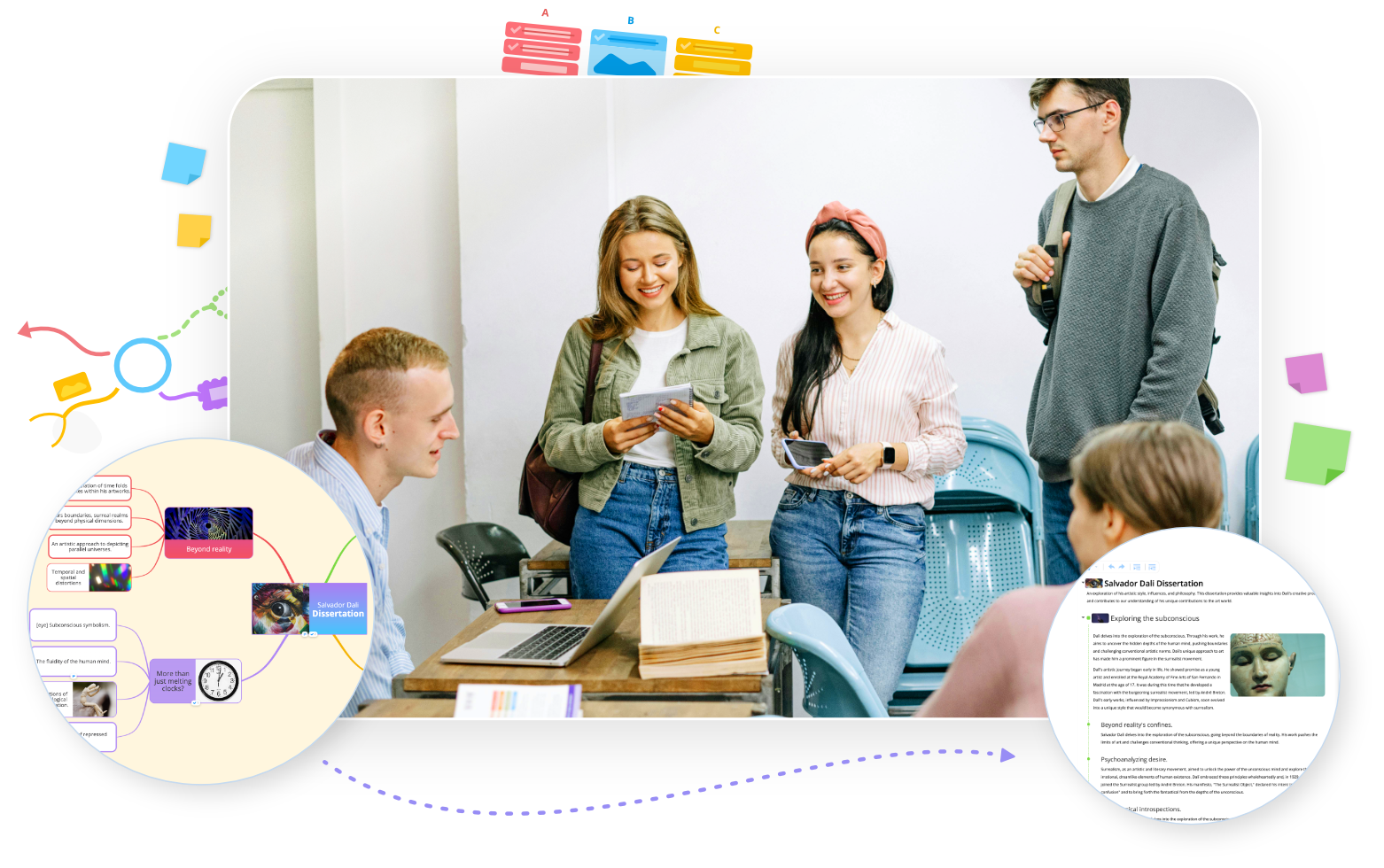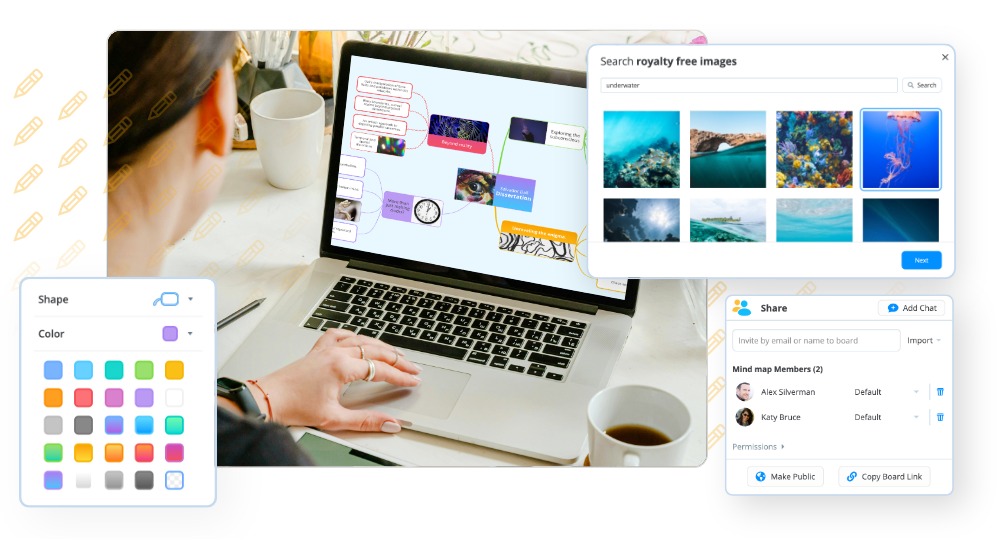In the UK, roughly 10% of the population is dyslexic – and that same percentage is fairly consistent around the world, with roughly 700 million people globally believed to have the condition. Far from being something rare or unusual, dyslexia is actually very common, and more and more people are waking up to the rich neurodiversity which exists throughout societies worldwide.
That’s why, to celebrate World Dyslexia Awareness Day, we’re sharing five facts about dyslexia that you might not know. From details about the condition, common misconceptions and some more on successful individuals with the condition, we’ve got all bases covered. So, keep reading to find out more about dyslexia this World Dyslexia Awareness Day!
Fact 1 – Dyslexia has nothing to do with intelligence
Dyslexia is a neurological condition that, while awareness and understanding is increasing, can sometimes still be misunderstood. Those with dyslexia may experience a number of symptoms, commonly including challenges related to language processing such as reading and writing (but they may also experience other related issues such as disoriented sense of direction, problems following sequential instructions and confusion between left and right). Once upon a time, the presence of these symptoms were dismissed as signs of lack of intelligence. In actual fact, dyslexia has no bearing on intelligence whatsoever and has even been linked to increased intelligence and creativity.
Fact 2 – Dyslexia isn’t just diagnosed in childhood
Many people think of dyslexia as something which is first diagnosed in children, and while it certainly can and frequently is diagnosed in school-age children, dyslexic individuals of any age can be diagnosed regardless of how old they are. Contrary to popular belief, getting a dyslexia diagnosis can be beneficial even if you don’t work directly in a field involving language, reading or writing. Where once people feared the stigma attached to a dyslexia diagnosis, these days workplaces are becoming more and more accommodating of different neurological conditions. Receiving a dyslexia diagnosis in adulthood after screening can be an incredibly empowering way to approach life anew. After all, self-knowledge is power!
Fact 3 – Dyslexic individuals are often excellent at problem-solving
Although dyslexic individuals may struggle with language processing, they are actually much more likely to be excellent problem solvers and out-of-the-box thinkers. The difference in their neurological brain makeup means that where a neurotypical person may be stumped when it comes to spotting patterns or thinking of a novel solution, a dyslexic person’s unique way of viewing things means they are able to come up with creative solutions and ideas. This is one huge benefit of being a non-sequential thinker, and one of the many reasons dyslexic employees are sought out by the likes of NASA.
Fact 4 – Very many successful individuals have dyslexia
Representation is incredibly important when it comes to empowering people from different backgrounds and with varying skill sets. Considering the propensity of dyslexic individuals to be creative, and the fact they make up 10% of the population, it’s hardly surprising that there are many notable famous and successful dyslexic people. From the famed entrepreneur Richard Branson, to actor Orlando Bloom, and world-changing thinkers like Einstein, many, many successful dyslexic people have helped to change the face of this condition – proving it’s an asset, not a weakness!
Fact 5 – Acceptance & conversation is integral to combating stigma
World Dyslexia Awareness Day plays an important role in helping correct misinformation and increase understanding about this common neurological condition so that we can work towards a fairer, and more inclusive neurodiverse society in the future. By having open conversations about neurological differences such as dyslexia, we can break down stigmas and increase acceptance. After all, with their aptitude for problem-solving, creativity and out-of-the-box thinking, learning to embrace dyslexia in all aspects of society will be a benefit to everyone, regardless of their neurological makeup!
[eoc_mindmap title=”The neuro-inclusive collaborative digital workspace” description=”Ayoa is a neuro-inclusive digital workspace that allows individuals to work the way which their brain likes alongside others. Visual mind maps, flexible task management, intuitive whiteboards and more all adapt for neurodiversity to thrive.
” Button=”Try it for free” link=”/signup/”]


